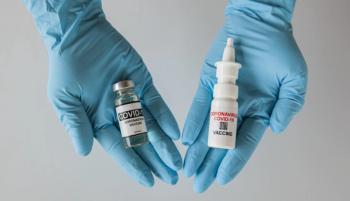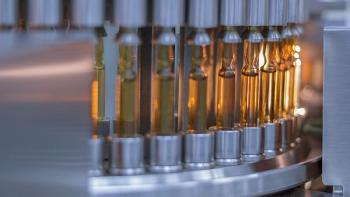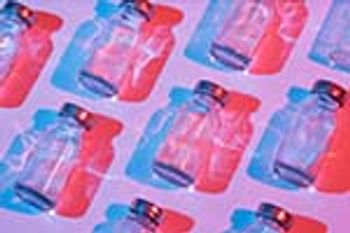
The additional approval expands the label for Avtozma (tocilizumab-anoh) to now include the treatment of cytokine release syndrome, which aligns the therapy with all indications for which Actemra is approved in the US.

The additional approval expands the label for Avtozma (tocilizumab-anoh) to now include the treatment of cytokine release syndrome, which aligns the therapy with all indications for which Actemra is approved in the US.

Takeda’s TAKHZYRO (lanadelumab) is now approved in Europe as a subcutaneous injection treatment for hereditary angioedema in patients 12 years old and above and in adults.

The approval makes HYQVIA [Immune Globulin Infusion 10% (human) with Recombinant Human Hyaluronidase] the first and only facilitated subcutaneous immunoglobulin to be approved in Japan to treat these disorders.

Alternative delivery methods for biologics continues to be explored that offer less invasive, less painful administration.

Takeda has received FDA approval for HYQVIA, a subcutaneous immunoglobulin for the maintenance treatment of chronic inflammatory demyelinating polyneuropathy.

Nanoparticles offer the potential for a safer, more effective method of drug delivery to the patient.

Takeda received approval in Japan for a subcutaneous injection formulation of Entyvio (vedolizumab) for treating ulcerative colitis.

Under a technology licensing agreement with Bhami Research Laboratory, Catalent intends to develop formulations that will allow for the delivery of high-concentration biologics subcutaneously.

Companies need to consider and address formulation challenges to employ a successful reformulation strategy.

There are many benefits of employing a reformulation strategy, but companies must also overcome a variety of challenges too.

Manufacturing and processing challenges surrounding mRNA can be overcome in order to realize the true potential of a technology 30 years in the making.

While a variety of innovations have already impacted the drug delivery landscape, improving sustainability and having the ability to make smaller volumes of drug products still require work.

Experts divulge where the industry is outsourcing most frequently, when companies should outsource more, and when performing tasks in-house might be best.

A coating technology for a staked needle prefillable syringe reduces the potential risks associated with silicone oil as a lubricant.

In this collaboration, Takeda will utilize Poseida's biodegradable DNA and RNA nanoparticle delivery technology and other proprietary genetic engineering platforms for the research and development of gene therapies.

The intranasal route of administration is showing clinical promise, particularly for COVID-19, but there are multiple hurdles to overcome to ensure successful formulation.

Glenmark Pharmaceuticals has partnered with SaNOtize to manufacture, market, and distribute NONS to India, Singapore, Malaysia, Hong Kong, and more.

GSK announced that FDA has approved a new indication for Nucala (mepolizumab), a monoclonal antibody that targets interleukin-5.

In combination with etoposide and either carboplatin or cisplatin, Imfinzi has been approved in the first-line setting of ES-SCLC by China’s National Medical Products Administration.

Vaccine development is inherently challenging; however, in light of the COVID-19 pandemic, innovations have been prioritized, leading to accelerated development processes.

The investment will expand and upgrade manufacturing capacity and technology for pre-fillable syringes and will also includes a new manufacturing facility in Europe.

Fill/finish inspection for vaccine vials and syringes must remain GMP-compliant while aiming for fast, efficient methods.

The new facility in Grand Rapids, MI, is part of the CDMO’s aggressive expansion plan.

Manufacturers and the US government are investing heavily in traditional and non-traditional forms and materials to ensure supplies of containers and delivery devices for COVID-19 treatments and vaccines.

The facility will produce parenteral products and delivery devices and is set to create 460 new jobs.